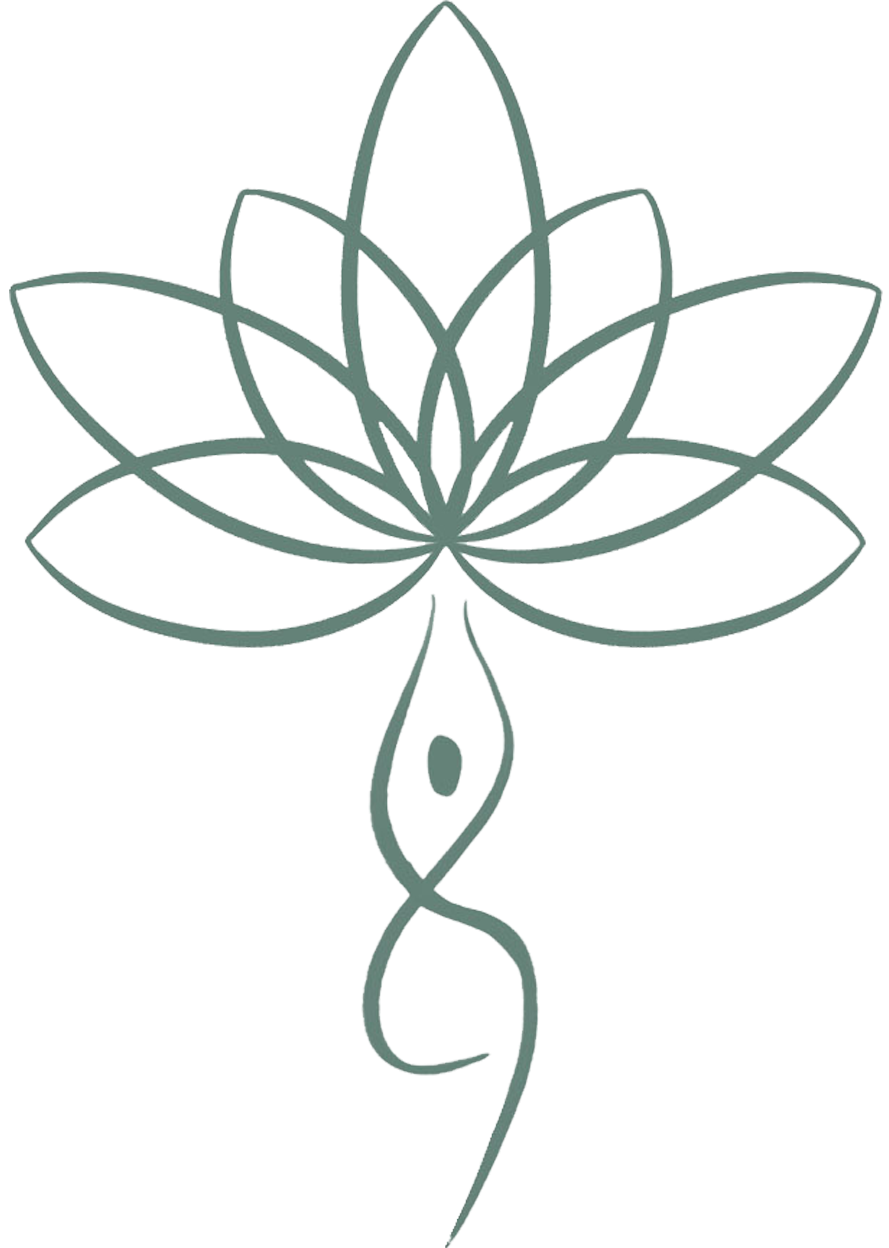Finding Clarity in the Jungle of Terms
Have you ever wondered what life and social counseling actually means — and how it differs from psychotherapy, psychosocial counseling, or coaching?
In this article, you’ll find clear answers, insights into how these professions are defined in Austria, and guidance on when each type of support can help.
🌿 Psychosocial Counseling – What It Is and How It Differs from Psychotherapy and Coaching
Psychosocial counseling, also known as life and social counseling, helps you navigate life’s challenges — whether personal, professional, or relational.
Its goal is to improve your quality of life and restore inner balance by helping you understand your situation, activate your strengths, and find practical solutions.
Coaching, on the other hand, is usually more goal-oriented and often focuses on professional or performance-related topics.
While coaches may also offer psychosocial guidance, the term coach is not legally protected — meaning anyone can call themselves one, regardless of training or credentials.
That’s why checking a coach’s qualifications and experience is crucial to ensure quality and safety.
Psychotherapy goes deeper: it’s a scientifically based healing practice that treats mental illnesses and disorders.
Only trained and licensed psychotherapists are permitted to provide it.
While life counseling and coaching focus on prevention, growth, and everyday challenges, psychotherapy helps people who are struggling with deeper emotional or psychological conditions such as depression, anxiety, or trauma.
👉 The key difference:
Life counselors and coaches work on self-development and life improvement, while psychotherapists work on healing mental disorders.
💫 How Does Life Counseling Work?
In life counseling, you are at the center.
The process begins with an initial consultation where we explore your current situation and goals.
Then, through regular sessions, we work together to uncover patterns, activate resources, and develop new strategies.
The counseling process often includes:
Getting to know you: Discussing your story, situation, and concerns.
Setting goals: Defining what you want to achieve (which can evolve over time).
Finding solutions: Exploring strategies and tools that support your progress.
Reviewing: Reflecting on changes and adjusting the approach as needed.
Closure: Summarizing insights and celebrating your progress — with the option to return anytime.
Life counseling is built on the belief that every person carries the solution within themselves — sometimes it just takes a little guidance to uncover it.
🌼 Approaches in Life & Social Counseling
Depending on your needs, different therapeutic frameworks can be used.
In my work as a life counselor, I combine methods inspired by psychotherapy, including:
Systemic approach: Seeing you and your challenges within the context of your relationships and environment.
Solution-oriented approach: Focusing on your strengths and practical steps forward.
Client-centered approach: Encouraging self-awareness and growth through empathy and acceptance.
Behavioral approach: Identifying and transforming unhelpful thought or behavior patterns.
Body-oriented approach: Using body awareness to bring unconscious emotions to light.
Existential-analytic approach: Exploring meaning, purpose, and alignment in your life.
🌿 When Can Life Counseling Help?
Life counseling can support you in many areas, such as:
Life crises: Separation, loss, or personal transitions
Career topics: Job changes, burnout prevention, workplace challenges
Relationships: Family conflicts, partnership struggles
Personal development: Unlocking potential, increasing confidence, self-discovery
Stress management: Building resilience and emotional balance
🇦🇹 Quality Standards in Austria
In Austria, Life and Social Counseling (Lebens- und Sozialberatung) is a regulated profession.
This ensures a high level of quality, ethics, and professionalism.
To become a certified counselor, one must complete:
Training: A 5-semester accredited education program combining theory and practice.
Supervision: Ongoing professional supervision to ensure quality of practice.
Registration: Listing in the official trade register as a licensed counselor.
This structure guarantees that clients receive safe, competent, and professional support.
🌸 Summary
Life counseling can help you overcome challenges, gain clarity, and create a more fulfilling life.
In Austria, strong training and ethical standards ensure the highest quality of care.
If you feel you could use support, don’t hesitate to book a first session.
Together, we’ll explore where you are, where you want to go, and how to move there with balance and confidence.
